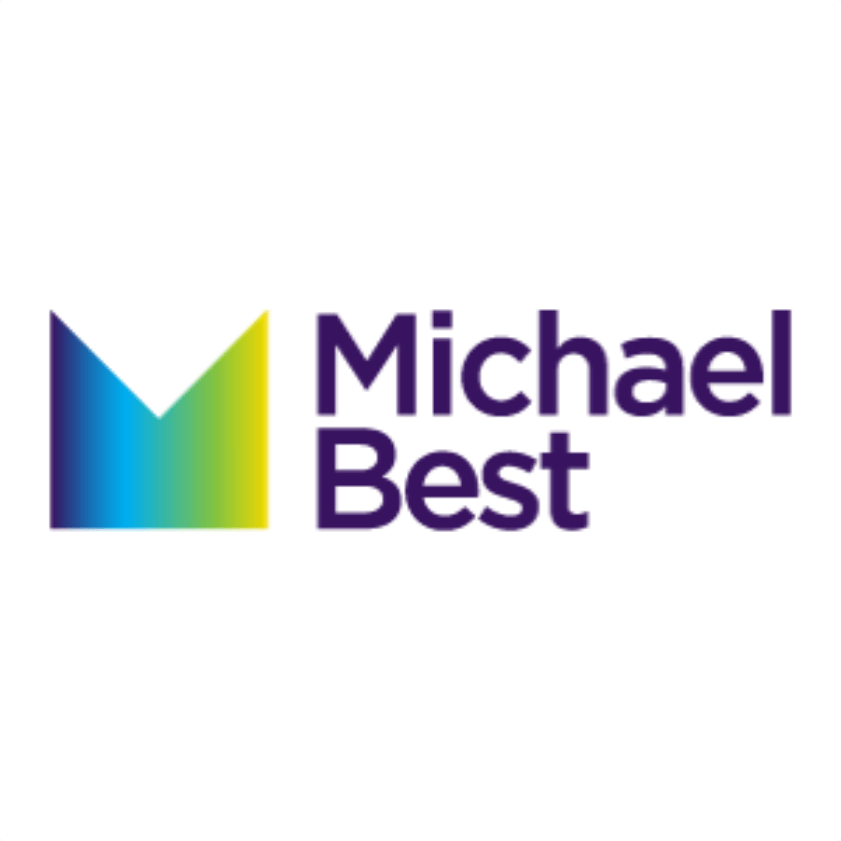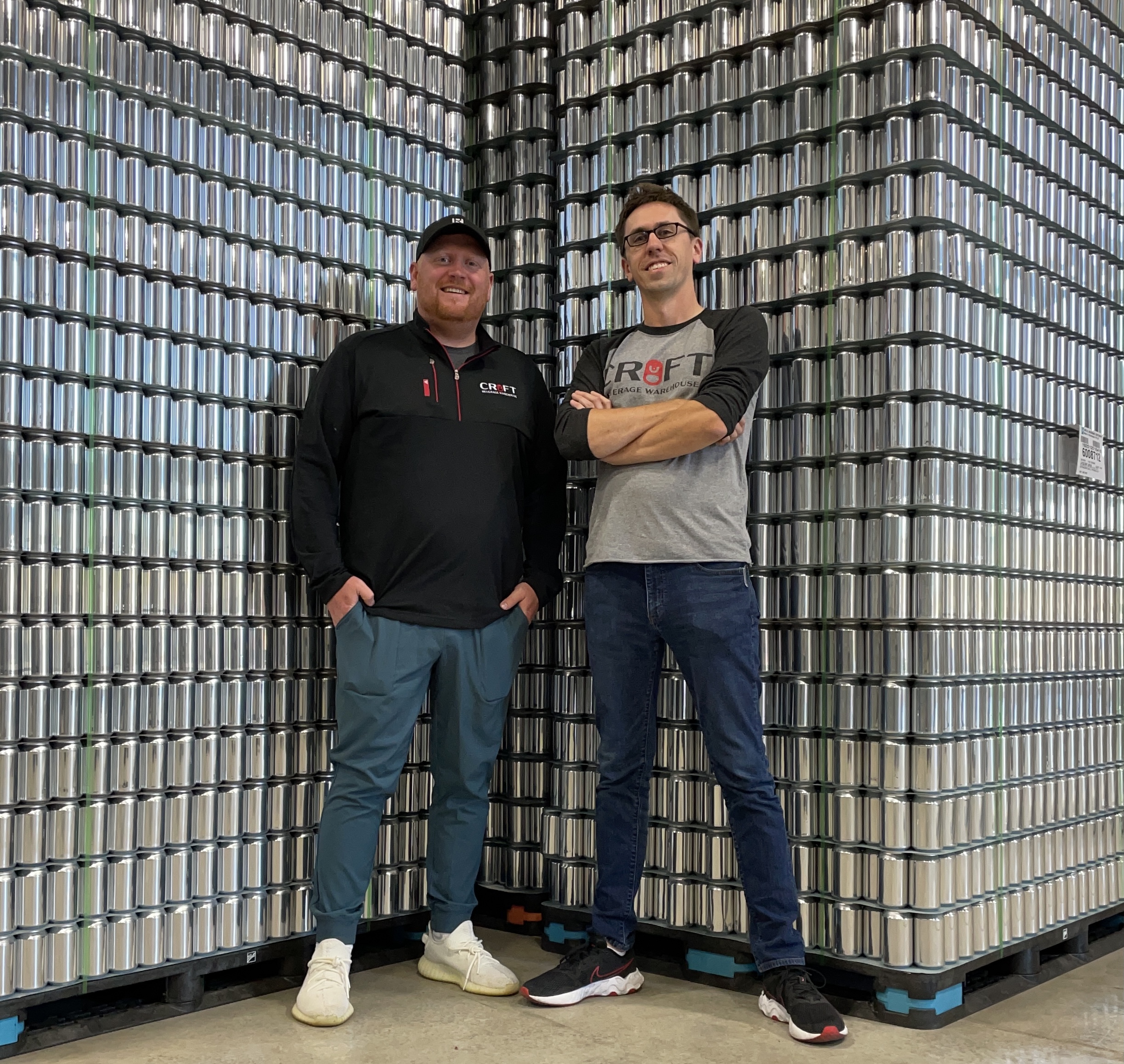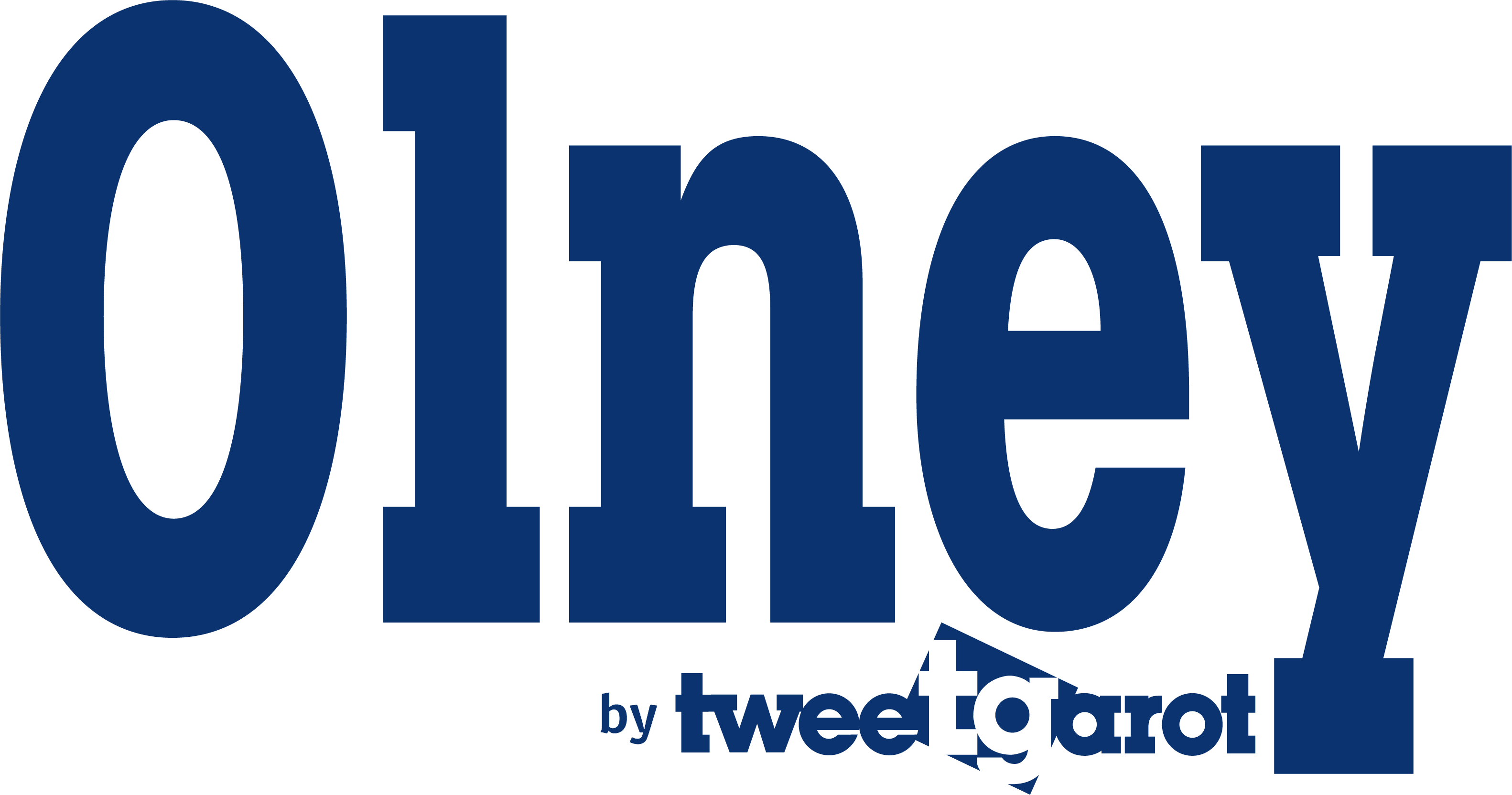This update includes FDA and USDA updates, FDA warning letters, lawsuits, and other articles of interest, including unintended milk in ‘dairy-free’ chocolate products, movement toward bans of cultivated meat, FDA’s new Human Foods Program, and more.
FDA Updates
FDA Enhances Food Traceability Efforts with New Resources and Public Meeting
September 4: The FDA issued an update on its efforts to enhance food traceability. Deputy Commissioner Jim Jones highlighted online resources and roundtables with the Reagan-Udall Foundation to aid industry with implementation of the Food Traceability Rule. Insights from these discussions were further explored in a public meeting on October 7. Stakeholders are encouraged to provide feedback by October 25, 2024. For more details, visit the Foundation website. More information can be found here.
FDA Releases Pesticide Residue Monitoring Report
September 4: The FDA released its annual Pesticide Residue Monitoring Program Report for Fiscal Year 2022, summarizing findings from the FDA’s testing of human and animal foods for 757 different pesticides and selected industrial compounds from October 1, 2021, through September 30, 2022. The findings show that the levels of pesticide chemical residues in the U.S. food supply are generally in compliance with EPA pesticide tolerances. More information and a summary of findings can be found here.
FDA Issues Advisory on Salmonella Outbreak Linked to Eggs
September 6: The FDA issued an advisory regarding a Salmonella outbreak linked to eggs from Milo’s Poultry Farm LLC. As of September 6, 2024, 65 cases have been reported across nine states. The eggs were traced to Milo’s Poultry Farms, LLC of Bonduel, WI. The FDA conducted an inspection and collected samples at Milo’s Poultry Farms. The FDA found the outbreak strain in samples from the farm, leading Milo’s Poultry Farm to voluntarily recall all their eggs, including eggs labeled as “Tony’s Fresh Market”, in Wisconsin, Illinois and Michigan. More information can be found here.
FDA Finds Unintended Milk in ‘Dairy-Free’ Chocolate Products
September 17: The FDA, along with Pennsylvania and Michigan state agencies, tested “dairy-free” dark chocolate products for unintended milk in 2022-2023. Out of 210 samples, 13 tested positive for milk, with one sample containing a high level. The products had advisory labels about potential milk presence. Two manufacturers removed “dairy-free” claims, and a third agreed to do so pending further investigation. The likely source of milk was identified as the dark chocolate supplier. The FDA will continue monitoring dark chocolate products labeled as “dairy-free” for the presence of milk because it can cause serious health consequences to consumers with milk allergy. More information can be found here.
FDA Updates Compliance Guide for Small Entities on Agricultural Water Standards
September 24: The FDA released an updated guidance document entitled “Standards for the Growing, Harvesting, Packing, and Holding of Produce for Human Consumption: What You Need to Know About the FDA Regulation: Small Entity Compliance Guide” to help small businesses comply with revised regulations concerning agricultural water. This guide is part of the broader “Standards for the Growing, Harvesting, Packing, and Holding of Produce for Human Consumption” regulation. The update helps small entities comply with revised pre-harvest agricultural water requirements for covered produce (excluding sprouts) under the Produce Safety Rule. It reflects changes from the May 2024 final rule. Compliance dates start on April 7, 2025, and vary based on farm size. More information can be found here.
FDA Withdraws Chlorine Dioxide Food Additive Petition
September 26: The FDA announced the withdrawal, without prejudice to a future filing, of a food additive petition proposing that the food additive regulations for chlorine dioxide be amended to provide for an additional method for producing the additive. More information can be found here.
FDA Updates Mycotoxins in Domestic and Imported Human Foods Compliance Program
September 26: The FDA updated the Mycotoxins in Domestic and Imported Human Foods Compliance Program to include monitoring of additional mycotoxins of regulatory interest in human foods, specifically T-2/HT-2 toxins and zearalenone. The new data gained by the compliance program update will support enforcement actions, risk assessments, and international activities, as well as provide information on mycotoxin incidence, extent of contamination, and co-occurrence. More information can be found here.
FDA Releases Guidance Video on Importing Safe and Compliant Seafood
September 27: The FDA released a video titled “Importing FDA-Regulated Products: Seafood” to guide importers, suppliers, and brokers on importing safe and compliant seafood into the U.S. It covers essential topics like product content, handling, packaging, and associated hazards, as well as compliance with FDA seafood regulations. This video is the third in a series. The first video, outlining the general FDA admissibility process for imports, was released in March 2022. The second video, “Importing FDA-Regulated Products: Human Foods,” was released in September 2023.
FDA Food Facility Registration Now Open until December 31, 2024
September 27: Owners, operators, or agents in charge of a domestic or foreign facility engaged in manufacturing, processing, packing, or holding food for consumption by humans or animals in the U.S., are required to register the facility with the FDA. The registration and renewal period is open between October 1 and December 31, 2024. Registration expires if not renewed by December 31, 2024, with no associated fee. Renewals must be submitted electronically unless a waiver is granted. This registration helps the FDA trace foodborne illness sources and requires biennial renewals. More information can be found here.
FDA Warning Letters
Milk Misbranding/Labeling: The FDA issued a warning letter to Graceleigh, Inc. dba Sammy’s Milk. Based on an inspection and review of Sammy’s Milk’s website and social media, FDA identified significant violations of the Federal Food, Drug, and Cosmetic Act (FD&C Act). Sammy’s Milk is marketed as an infant formula, but FDA alleges it is a new product that has not met the required FDA submission process. Despite a voluntary recall and some changes to Sammy’s Milk online presence, concerns remain about misleading representations. The FDA also alleges the product was misbranded due to false claims about testing for Cronobacter.
Adulterated Bottled Water: The FDA issued a warning letter to Waiakea Bottling Inc. after an inspection revealed significant violations of federal Processing and Bottling of Bottled Drinking Water Regulations. The FDA determined that the bottled water products processed at the facility are adulterated under the FD&C Act because they have been prepared, packed, or held under insanitary conditions.
A database of warning letters can be found here.
USDA Updates
FSIS Releases Guideline on Substantiating Animal-Raising or Environment-Related Labeling Claims
September 10: The Food Safety and Inspection Service (FSIS) announced the availability of an updated version of its guideline on documentation needed to support animal-raising or environment-related claims on meat or poultry product labeling. Official establishments submit this documentation to the Agency when they apply for approval of labels with animal-raising or environment-related claims. The updated guideline includes changes made in response to updated scientific information, FSIS sampling data, askFSIS questions, public comments, petitions, and other meetings with Agency stakeholders. FSIS will accept comments on the guideline until November 12, 2024. More information can be found here and here.
FSIS Rules on Labeling Petitions
September 11: FSIS issued final rulings on the following four food safety petitions.
- 2016 Animal Welfare Institute Petition: Requested amendments to poultry labeling for “free range” claims. FSIS decided not to codify the proposed definitions, citing evolving consumer expectations and the impracticality of fixed definitions.
- 2022 PETA Petition: Sought to stop FSIS review of animal-raising claims. FSIS denied the petition but updated guidelines to encourage third-party certification and documentation for claims like “Pasture-Raised.”
- 2023 Perdue Farms Petition: Partially granted. FSIS updated guidelines to differentiate “pasture-raised” from “free range,” encouraging documentation to substantiate claims.
- 2023 Environmental Working Group’s “Low Carbon” Petition: Requested prohibition of “Low-Carbon Beef” claims. FSIS denied the petition, maintaining that claims must be truthful and not misleading, without requiring third-party verification.
More information can be found here.
Other Articles of Interest
States Move to Ban Cultivated Meat: A Growing Trend in Food Regulation
September 6: Several states in the U.S. are taking steps to restrict or ban the sale and labeling of cultivated (lab-grown) meat. Florida, Alabama, and Iowa have enacted laws restricting or banning cultivated meat. Florida’s law prohibits manufacturing or selling cultivated meat. Alabama’s ban takes effect on October 1. Iowa prohibits labeling lab-grown food as meat. Nebraska is working on similar legislation, with an executive order already limiting state spending on lab-grown meat. Illinois is considering a bill for 2025 to ban alt-meat. Cell-cultivated meat is developed from animal cells without slaughter. In 2023, the FDA and USDA approved the first U.S. sales of cell-cultivated chicken from GOOD Meat and UPSIDE Foods. The U.S. and Singapore are the only countries allowing consumer sales. The industry has received significant funding for research and development. More information can be found here.
Study Reveals Widespread PFAS Presence in Wisconsin Residents with Links to Locally Caught Fish and Microwave Popcorn
September 6: A study by the University of Wisconsin School of Medicine and Public Health found that PFAS, including PFOA, are present in the blood of most Wisconsin residents. Analyzing samples from over 600 adults, the study revealed that more than 96% had detectable PFAS levels. Older, non-Hispanic white males and those with higher incomes showed higher levels. The study linked higher PFAS levels to consuming microwaved popcorn and locally caught fish. However, the lead researcher cautioned that these findings don’t definitively establish risk, as the data didn’t cover all potential PFAS sources, indicating a need for further research. More information can be found here.
Boar’s Head Closes Plant and Ends Liverwurst Production Amid Listeria Outbreak
September 13: Boar’s Head is closing its Jarratt, VA, plant indefinitely and discontinuing liverwurst production due to a Listeria outbreak that sickened 57 people and killed nine. The company apologized and is taking measures to prevent future incidents. The contamination was linked to a specific process at the Jarratt facility used only for liverwurst. Boar’s Head initiated a recall of liverwurst and expanded it to include 7 million pounds of other meat and poultry products. The USDA had previously noted serious issues at the plant. Boar’s Head is enhancing food safety measures, appointing a new Chief Food Safety Officer, and forming a Food Safety Council to improve industry standards. More information can be found here.
Food Survey Reports Decline in Consumer Confidence
September 26: The 2024 IFIC Food & Health Survey reports a decline in consumer confidence regarding food safety, the lowest in a decade. The IFIC Spotlight Survey highlights concerns about foodborne illnesses and heavy metals, with the presence of E. coli in ground beef and heavy metals and arsenic in baby food being top worries. Consumers avoid ultraprocessed foods, dyes, and sugar substitutes, as well as MSG, bioengineered/GMO ingredients, nanoplastics and preservatives. Trust in food safety is linked to the presence of an ingredient rather than quantity. The survey emphasizes the need for factual information to help consumers make informed choices. Data was collected from 1,000 Americans, with a margin of error of ±3.1%. More information can be found here.
FDA Launches New Human Foods Program on October 1
September 26: The FDA implemented a reorganization on October 1, 2024 to enhance its oversight of the human food supply. The reorganization involves creating a unified Human Foods Program (HFP) by merging functions from the Center for Food Safety and Applied Nutrition, the Office of Food Policy and Response, and parts of the Office of Regulatory Affairs (ORA). The restructuring also includes renaming ORA to the Office of Inspections and Investigations (OII), focusing on inspections, investigations, and imports to ensure product safety and quality. The FDA’s restructuring will improve efficiency and adaptability to new food technologies, globalization, and climate change. More information can be found here.
Study Identifies Poultry as Main Source of U.S. Drug-Resistant Campylobacter Infections
September 27: A new study by the Ineos Oxford Institute for Antimicrobial Research has identified poultry as the primary source of human Campylobacter infections in the U.S., with 68% of cases from 2009 to 2019 linked to contaminated poultry. The study, published in the Journal of Infection, used machine learning to analyze genomic data from human and animal sources. It highlights significant concerns about rising antibiotic resistance in bacteria found in the food chain, particularly in poultry strains, which poses a public health threat. More information can be found here.
California Bans Artificial Dyes in School Food
September 30: California has become the first state to ban six artificial dyes in school cafeterias due to health concerns. Governor Gavin Newsom signed Assembly Bill 2316, the California School Food Safety Act, which prohibits Red 40, Yellow 5, Yellow 6, Blue 1, Blue 2, and Green 3 in public school meals. The law responds to studies linking these dyes to hyperactivity and neurobehavioral issues in children. Although the FDA hasn’t confirmed a causal link, a 2021 California review found associations with behavioral problems. The law, effective December 31, 2027, requires manufacturers to use natural alternatives. More information can be found here.
Lawsuits
Campbell Soup Co. Wins Dismissal of ‘Air Fried’ Kettle Chips Deception Lawsuit
September 3: Campbell Soup Co. defeated a proposed class action alleging deceptive advertising of Kettle Brand “air fried” potato chips. The plaintiff claimed the chips were misleadingly marketed as being cooked solely by air frying when they were cooked in oil. The U.S. District Court for the Northern District of California ruled that the front label’s disclosure of “kettle cooked” was sufficient to inform consumers of the cooking method. The judge noted that the phrase “Kettle Cooked Air Finished” indicated a multi-step cooking process involving both kettles and air. The back label, which included a diagram and an ingredients list showing vegetable oils, further clarified the cooking method. The court found it implausible that reasonable consumers would believe the chips were cooked exclusively by air frying and denied the plaintiff’s request to amend the complaint.
Judge Allows Lindt Dark Chocolate Lawsuit Over Lead Contamination to Proceed
September 9: A judge U.S. District Court for the Eastern District of New York allowed a lawsuit against Lindt & Sprüngli (USA) Inc. to proceed, alleging that the company’s dark chocolate bars contain significant amounts of lead and were falsely advertised as safe and high-quality. The court ruled that packaging statements could mislead consumers into believing the chocolate was free of unsafe levels of lead. This lawsuit is part of a broader wave of litigation following a Consumer Reports article on high levels of lead and cadmium in chocolate. The plaintiffs claim they overpaid for the chocolate, believing it to be free of harmful contaminants. The judge rejected Lindt’s argument that their packaging statements were mere puffery, stating that consumers could interpret them as implying quality and an absence of lead. The court also noted the health risks associated with lead and cadmium.
Prime Hydration Wins Partial Dismissal in PFAS Deception Lawsuit
September 10: A judge for the US District Court for the Northern District of California dismissed most claims in a class action lawsuit against Logan Paul’s Prime Hydration LLC, which alleged deceptive marketing of its Grape Sports Drink as healthy despite containing PFAS chemicals. The judge ruled that phrases like “refresh, replenish, or refuel” are too vague to mislead reasonable consumers. However, a claim for breach of implied warranty was allowed to proceed. The plaintiff, Elizabeth Castillo, argued that the drink’s health benefits are falsely advertised due to the presence of PFAS chemicals, which are linked to health risks. The court found that the drink’s label, listing artificial ingredients, would dispel any belief that it is entirely healthy. Castillo’s claim under the Magnuson-Moss Warranty Act was dismissed, but her breach of implied warranty claim remains, as she alleged the PFAS levels exceeded federal limits.
Class Action Over Misleading Protein Claims in Nature’s Path Cereals Moves Forward
September 12: A judge for the U.S. District Court for the Northern District of California has allowed a class action lawsuit against Nature’s Path Foods Inc. to proceed. The lawsuit claims the company misrepresented the amount of usable protein in its cereals. The judge ruled that the claims are not preempted by federal protein label regulations because the claims are not dependent on how the amount of protein is calculated. The plaintiff, Ian Miller, argued that the cereals advertised 5 grams of protein per serving, but this was misleading because not all the protein is usable by the human body. The judge also noted that the cereals did not include a quality-adjusted percent daily value, which is required by both FDA regulations and California law. Nature’s Path’s arguments that the claims were preempted and that consumers would know plant-based proteins are incomplete were rejected by the court. More information can be found here.
SkinnyPop Faces Class Action Lawsuit Over Misleading Popcorn Packaging Claims
September 13: The makers of SkinnyPop Popcorn are facing a federal class action lawsuit for allegedly misrepresenting the amount of popcorn and calorie content in their bags. The lawsuit, filed in the US District Court for the Southern District of California, claims the product’s bags contain up to 43% less popcorn than advertised. The plaintiffs, Cade Bogren, Michelle Bogren, and Jeremiah Tills, accuse the defendants of misleading consumers and violating federal and California laws and seek to represent a class of California consumers who purchased the snack foods with the last four years.
Judge Allows Class Action Over Misleading Fireball Cinnamon Mini Bottles to Proceed
September 13: A federal judge denied Sazerac Co.’s motion to dismiss a class action lawsuit claiming that miniature bottles of Fireball Cinnamon mislead consumers into thinking they are whisky when they are actually malt-based. The U.S. District Court for the Middle District of Florida found that reasonable consumers could be misled, especially since the mini bottles are sold in non-liquor stores like gas stations. The court noted that the packaging is nearly identical to the original Fireball whisky, which could confuse consumers. Additionally, the judge stated that even technically true labels can be misleading. The complaint also included social media evidence showing consumer confusion, supporting the claim of potential deception. The mini Fireball product is described by Sazerac as a malt-based and wine-based beverage, allowing broader retail distribution than Fireball Whisky.
Class Action Targets SunButter for Alleged False Advertising and High Cadmium Levels
September 16: SunButter LLC is facing a proposed class action for allegedly falsely advertising its sunflower butter products as healthy and non-toxic, despite containing harmful cadmium levels. Plaintiffs John Boyd and Jana Rabinowitz claim that testing showed SunButter’s products exceeded California’s Proposition 65 cadmium limits. The lawsuit, filed in the Central District of California, accuses SunButter of false advertising, unfair business practices, and breach of implied warranty under California and New York consumer protection laws. The plaintiffs seek injunctive relief, restitution, disgorgement of profits, and damages for affected consumers in California and New York who purchased the sunflower butter products.
Food Lion Hit with Lawsuit Over Alleged Misleading Labeling of Cereal Bars
September 18: A proposed consumer class action alleges that Food Lion LLC’s Fruit and Grain Cereal Bars mislead buyers by claiming to be “Naturally Flavored” and “Made With Real Fruit Filling,” despite containing synthetic DL-malic acid as a flavoring agent. The complaint, filed in the US District Court for the Eastern District of North Carolina, argues that federal regulations require products with DL-malic acid to be labeled as artificially flavored. The plaintiff, Kathy Applegate Bates, claims she wouldn’t have purchased the bars if she had known this and seeks damages under North Carolina law for consumer protection, unjust enrichment, and breach of warranty. A copy of the complaint can be found here.
Tyson Faces Lawsuit Over ‘Climate-Smart Beef’ and Net-Zero Emission Plan
September 18: A lawsuit filed against Tyson Foods Inc. alleges the company misleads consumers about its environmental impact and commitment to achieving net-zero emissions by 2050. The Environmental Working Group claims Tyson lacks a concrete plan to meet these goals and that its “climate-smart beef” program is vague and ineffective. The lawsuit, filed in the Superior Court of the District of Columbia, accuses Tyson of violating consumer protection laws by making misleading marketing claims. Tyson, while not commenting on the litigation, asserts its commitment to sustainable practices. The group seeks an injunction to correct consumer misconceptions. A copy of the complaint can be found here.
Aldi Faces False-Ad Suit Over Alleged Mislabeling of Avocado Oil
September 19: A proposed class action filed in the US District Court for the Southern District of New York accuses Aldi Inc. of falsely advertising its Simply Nature avocado oil as “100% Pure” when it allegedly contains cheaper oils. Plaintiff Maggie Frost claims the product’s labeling is misleading, as tests show the oil’s fatty acid profile doesn’t match pure avocado oil. The lawsuit alleges violations of consumer protection laws, breach of warranty, and fraud, seeking damages and class certification. A copy of the complaint can be found here.
Judge Dismisses Lawsuit Over Slack Filled Packaging of Yogurt Raisins
September 23: A judge for the US District Court for the Eastern District of Missouri dismissed a lawsuit against Mariani Packing Co. regarding its yogurt-covered raisins. The plaintiff, Kimberly Diesel, claimed the bags were 58% empty, but the judge ruled she failed to show economic injury or deception. The packaging accurately represented the quantity, and the slack fill was deemed functional to prevent damage. The judge noted that consumers could feel the bag to assess its contents. Diesel’s claim under the Missouri Merchandising Practices Act was rejected, granting Mariani summary judgment.
This Regulatory Update covers information from September 2024.
Please contact Paul Benson, Taylor Fritsch, or Leah Ziemba for
additional information on regulatory issues that
may affect your business. For access to articles and resources from our Premium Member law firm, Michael Best & Friedrich, visit michaelbest.com.





